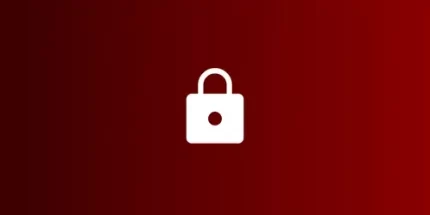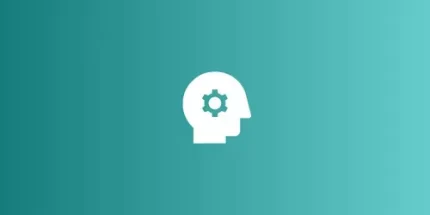Sample Response
The rise of e-books has significantly influenced the concept of authorship and textual authority, challenging traditional notions of authenticity and ownership. The ease of digital publishing and distribution has democratized authorship, enabling anyone with a computer to become a published author. This shift has led to questions about the gatekeeping role of traditional publishers and the changing dynamics of literary authority.
One major implication for authorship is the blurred line between professional and amateur writers. The rise of self-publishing platforms has empowered new voices but has also led to concerns about the quality and authenticity of digital literary works. In the absence of traditional gatekeepers, readers often rely on user reviews and online communities to assess the value of digital books, reshaping the mechanisms of textual authority.
Ownership is another area affected by the transition to e-books. Digital rights management (DRM) technologies have introduced new complexities in the ownership of literary works, as readers often only purchase a license to access the content rather than owning a tangible copy. This shift has raised questions about consumer rights and the implications of digital ownership for the longevity and preservation of literary works.
Digital preservation is a critical concern in the context of e-books. While digital formats offer the potential for indefinite preservation, they also pose risks related to technological obsolescence and data loss. The preservation of digital literary works requires proactive strategies, such as archiving and format migration, to ensure that future generations have access to today’s literature.
The implications of e-books for authorship and textual authority highlight the evolving nature of literary culture in the digital age. As the landscape continues to change, ongoing dialogue and adaptation will be crucial to address issues of authenticity, ownership, and preservation.













